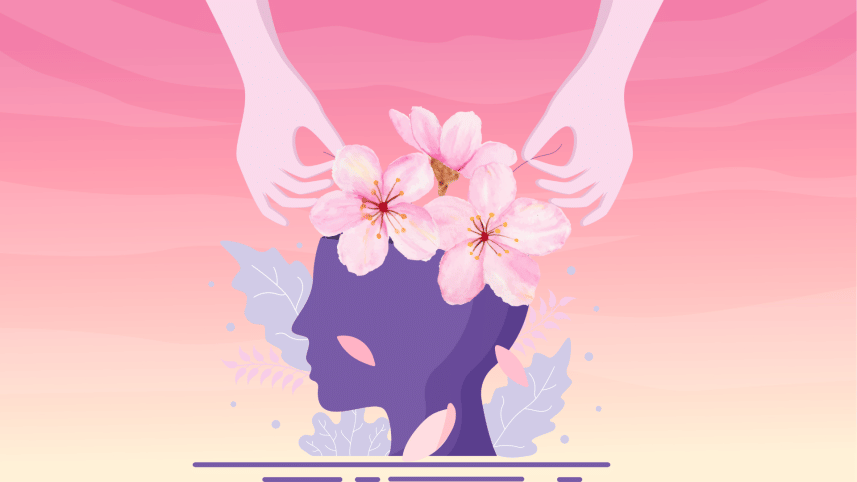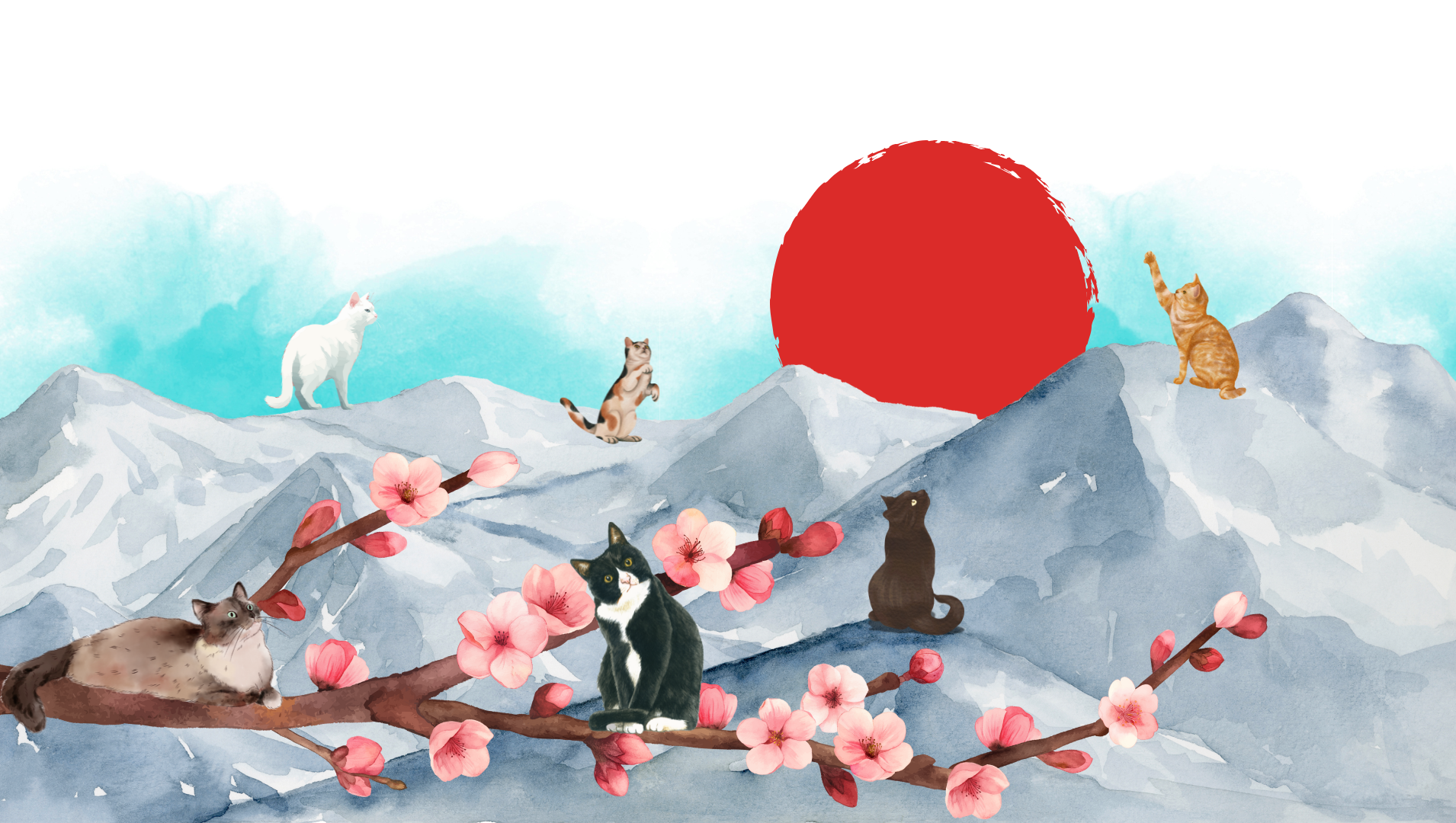The meaning and importance of ikigai for young adults

If there's one certain thing about life, it is that at one point or another, we all feel uncertain. It's a bittersweet phase of life which holds significance, because we usually end up discovering ourselves amidst that feeling. Though this can happen multiple times throughout our lives, for many of us, it hits the hardest as a young adult.
Being a young adult isn't easy, you don't quite feel done being sixteen yet suddenly you're faced with life-altering decisions: choosing a degree, committing to four or more years of study, and imagining a future that feels both distant and incredibly real.
Friends drift in and out of your life. In essence, you remain the same person, but you feel your tastes, ambitions, and priorities start to evolve. Everything feels like an exciting, gut-wrenching question mark, possibility in every direction, but also a fair equal amount of confusion. Somewhere between the excitement and the choices, a question appears in your mind – one that feels almost scary to admit out loud: "What am I really doing with my life?"
It is in moments like these that a simple yet powerful Japanese concept, ikigai, can offer clarity. The word ikigai roughly translates to "a reason for being."
It's the intersection of four elements: what you love, what you're good at, what the world needs, and what you can be paid for. When these areas overlap, you find your ikigai. A simple way to practice this is by taking a notebook, writing down the categories, and finding something that is in common with all four. It's not always grand or dramatic: it might be running your own small business, painting, writing, teaching, caring for family, or even a new hobby entirely.
If there is one thing we tend to forget as young adults, it's that hobbies aren't just a way to pass time or make money; they shape who we are. A creative pursuit, whether it's painting, music, or cooking, can sharpen problem-solving skills, improve patience, and reduce stress.
Physical hobbies like hiking, cycling, or yoga boost resilience and mental clarity. They give us space to breathe amidst daily stress, allowing us to explore passions without the demand for immediate rewards. In doing so, they help us not only become more interesting as people but also more capable of facing life's challenges.
Ikigai recognises that and encourages us to find and rediscover our hobbies.
Ikigai is also more than just a guide to purpose, it is a practice in self-awareness, something that rigid education rarely teaches us. Self-awareness grows when we examine not just what we want, but why we want it, and how our choices align with who we truly are.
Young adulthood is a prime time for developing this skill because the decisions we make often shape our identity. By actively exploring your ikigai, you're not just finding direction; you're learning to understand yourself on a deeper level, which can significantly influence the relationships you build, the friendships you keep, and the personality you develop.
One of the most freeing, and unique, aspects of ikigai is that it isn't solely tied to work. In Japan, people often find their sense of purpose in small, everyday joys like gardening, cooking, morning walks, or mentoring others. For young adults, this is a liberating thought: you don't need to land your dream job right away to live a meaningful life. You can start by paying attention to the things that light you up outside of work: your hobbies, your friendships, your spare time.
This mindset also carries important benefits for mental health. Your late teens and twenties especially in today's hustle and grind culture can bring so much anxiety, loneliness, or self-doubt, the pressure to have it all together and to measure your worth by achievement. Ikigai offers a gentler perspective. It encourages you to move at your own pace, guided by what genuinely matters to you.
Finding your ikigai is not about creating a perfect plan but about beginning with curiosity. Ask yourself: what activities make you lose track of time? What type of help do people come to you for? What problems in the world do you feel deeply about? Which job would you do even if nobody paid you for it?
These questions might seem simple, but the real question is — when was the last time you sat down and asked yourself these? Write your thoughts down, talk to people you trust, try new things, and remain open to being surprised.
Tinath Zaeba is an optimistic daydreamer, a cat mom of 5 and a student of Economics at North South University. Get in touch via mailing to tinathzaeba25@gmail.com



 For all latest news, follow The Daily Star's Google News channel.
For all latest news, follow The Daily Star's Google News channel. 
Comments